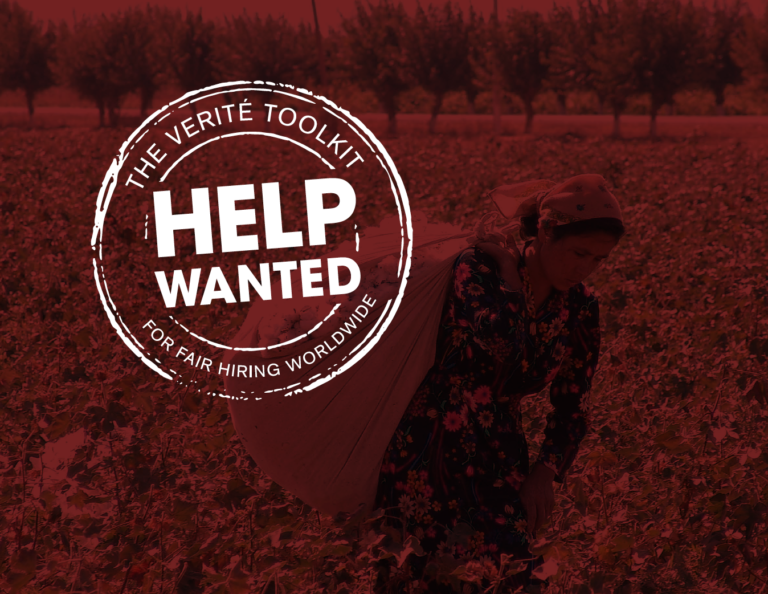Trade union action to promote fair recruitment for migrant workers
GuidanceThis brief highlights trade union action to promote and protect fair recruitment for migrant workers through actions including policy advocacy, service provision and outreach.

